Aluminum clad, Fiberglass(et al) vs Vinyl longevity
chipster_2007
16 years ago
Related Stories
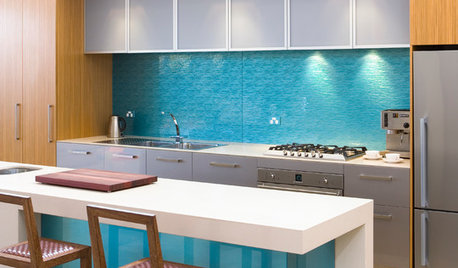
KITCHEN DESIGNHouzz Quiz: Which Kitchen Backsplash Material Is Right for You?
With so many options available, see if we can help you narrow down the selection
Full Story
WINDOWSSteel-Framed Windows Leap Forward Into Modern Designs
With a mild-mannered profile but super strength, steel-framed windows are champions of design freedom
Full Story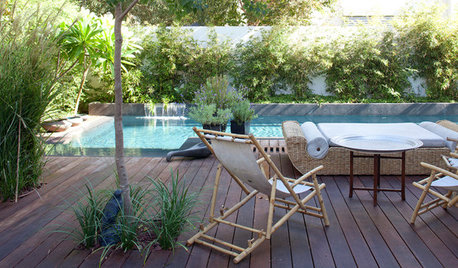
GARDENING AND LANDSCAPING10 Great Outdoor Chill Zones
Whether you have a huge poolside deck or a sliver of a patio, these ideas will kick stress to the curb all summer long
Full Story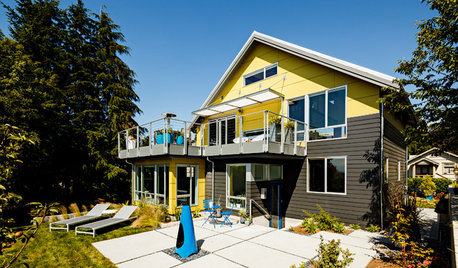
GREEN BUILDING5 Common-Sense Ways to Get a Greener Home Design
You don't need fancy systems or elaborate schemes to make your home energy efficient and sustainable. You just need to choose wisely
Full Story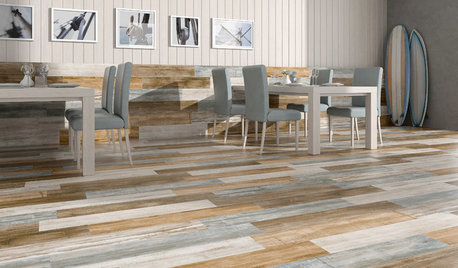
TILETop Tile Trends From the Coverings 2013 Show — the Wood Look
Get the beauty of wood while waving off potential splinters, rotting and long searches, thanks to eye-fooling ceramic and porcelain tiles
Full Story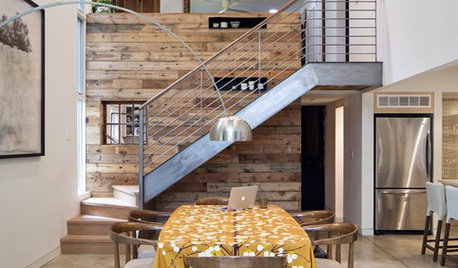
GREEN BUILDINGThe Future of Smart Design: Reuse, Reduce, Recycle
See why reducing waste in a home construction project should appeal to every architect, designer and client
Full Story






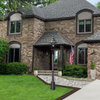
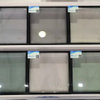
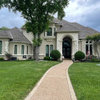
tru_blue
chipster_2007Original Author
Related Professionals
Eagle River Window Contractors · Wixom Window Contractors · Abington General Contractors · Deer Park General Contractors · Greenville General Contractors · Jackson General Contractors · Klahanie General Contractors · Milton General Contractors · New River General Contractors · Orangevale General Contractors · Wheeling General Contractors · Atlanta Carpenters · Cedar Park Carpenters · La Grange Carpenters · Saint Charles Carpenters